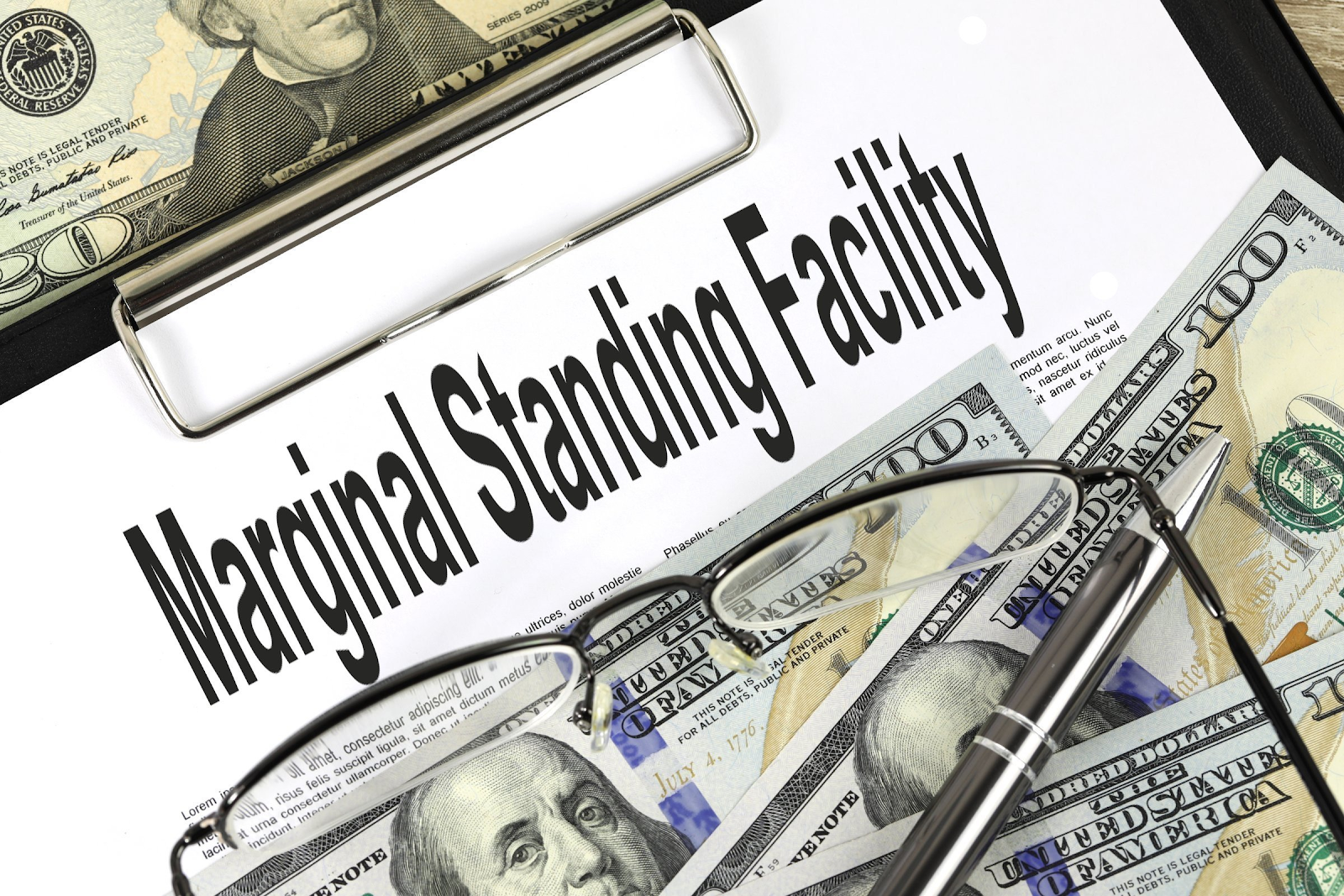In the intricate web of financial markets, every move made by central banks sends ripples across various sectors, and the recent adjustments in Marginal Standing Facility (MSF) rates have sparked significant interest among homeowners and potential buyers alike. But what exactly is the connection between MSF rate changes and home loan interest rates, and how do they impact you? Let’s delve into the intricacies.
What is MSF Rate?
Marginal Standing Facility (MSF) is a window for banks to borrow from the Reserve Bank of India (RBI) overnight against approved government securities when there's a shortfall of funds. The MSF rate is typically higher than the repo rate and serves as a penal rate for banks needing emergency funds.
The Nexus with Home Loan Interest Rates
While the MSF rate doesn’t directly influence home loan rates, its adjustment by the central bank can lead to changes in the broader interest rate environment. When the RBI revises the MSF rate, it signals its stance on liquidity conditions and inflation. Banks, in turn, adjust their lending and deposit rates in response to such monetary policy signals.
Impact on Floating Rate Home Loans
For borrowers with floating rate home loans, the effect of MSF rate changes can be felt indirectly. Banks often use the repo rate as a benchmark to determine their lending rates, and movements in MSF rates can influence the repo rate indirectly. Consequently, changes in MSF rates may lead banks to adjust their lending rates, affecting the cost of borrowing for homebuyers.
Fixed Rate Home Loans
On the other hand, borrowers with fixed-rate home loans may not see an immediate impact from MSF rate changes. Fixed-rate loans typically maintain a consistent interest rate for a predetermined period, shielding borrowers from short-term fluctuations in interest rates. However, upon renewal or expiry of the fixed-rate period, borrowers may find themselves subject to prevailing interest rates influenced by changes in MSF rates.
Market Sentiment and Investor Behavior
Furthermore, changes in MSF rates can influence market sentiment and investor behavior, which in turn can affect long-term interest rates. Investors often scrutinize central bank policies for signals about future economic conditions, and adjustments in MSF rates can shape expectations regarding inflation, economic growth, and monetary policy direction. Consequently, shifts in investor sentiment may lead to changes in bond yields and long-term interest rates, influencing the cost of borrowing for home loans.











No comments:
Post a Comment